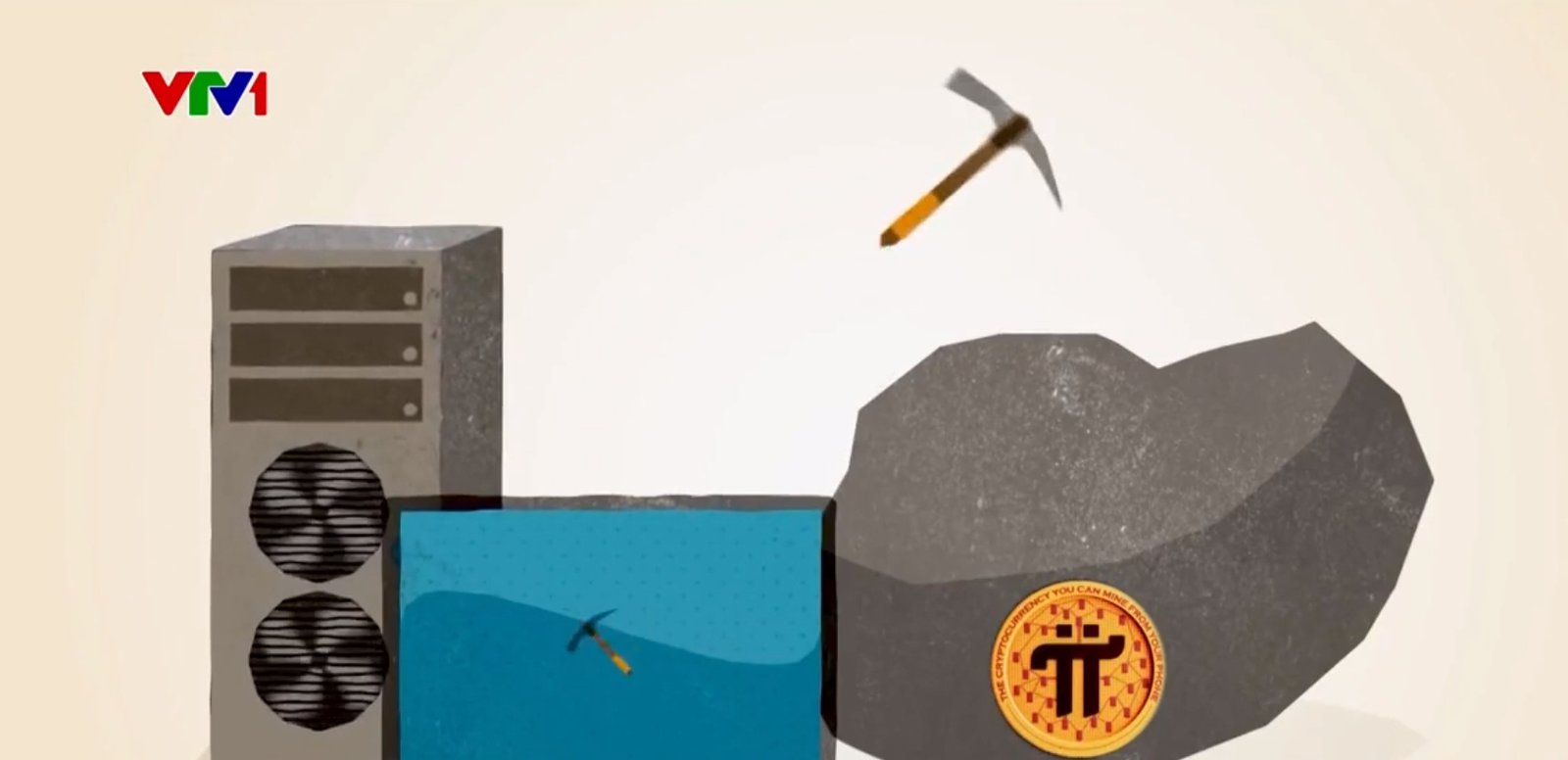Ly Tu That, China’s most famous blogger with the title `country fairy`, described herself as a `slave in the content creation industry` when filing a lawsuit against her former management company.
Emma Chamberlain, one of the most famous YouTubers in the US, feels like she sometimes feels like `an animal in a zoo, surrounded by judgmental eyes`.
Jess Ann Kirby, a fashion and lifestyle influencer, sees herself as `the deranged person` in the influencer game.
Ly Tu That, Emma Chamberlain or Jess Ann Kirby are the latest examples that demonstrate the fierceness of the KOL industry (short for the English phrase `Key opinion leader`, roughly translated: influential person).
More and more young people are drawn to the KOL industry with promises of money and fame.

No longer a dream job
Many surveys in the past 5 years have shown that YouTuber, vlogger, and blogger are the dream jobs of children in many countries.
According to Lego Group’s 2019 survey of 3,000 8-12 year olds in the UK and US, vloggers and YouTubers were the top career choices of respondents.
In the same year, a survey on dream jobs for school age students by the Ministry of Education and the Korean Institute for Vocational Education and Training Research showed that YouTuber is one of the 10 favorite jobs of Korean children.
In Japan, a survey conducted with 200 middle school students and 800 high school students also showed similar results.
However, according to The New York Times, burn out (burnout) has affected many generations of content creators on social networks, which may cause young people to gradually change their thinking.
In 2017, a series of Instagram stars began to leave the platform because they were too stressed and depressed.
In 2018, Josh Ostrovsky, the Instagram star known as The Fat Jew, also spoke out about this issue.


That same year, many YouTube celebrities began leaving the platform, citing mental health issues.
`If you slow down, you will disappear,` YouTuber Olga Kay once shared about the pressures of being an influencer.
TikTok, the video sharing platform that attracted Gen Z in late 2019 to early 2020, seems to be suffering the same fate as YouTube or Instagram.
After 2 years of the pandemic, a series of TikTok stars spoke out about the dark side of being a celebrity on the platform: harassment, exploitation, abuse, online bullying, mental health…
In early May, Julian Knight, chairman of the Digital, Culture, Media and Sports Committee (UK), warned about the young generation of KOLs being exploited and called on the government to strengthen advertising laws.
`The rise of influencer culture has brought new opportunities for people working in the creative industries and boosted the economy. However, behind the glossy surface of what you see on screen
Who benefits from the KOL industry?
According to The Guardian, the economy built by influencers has increased from $1.7 billion in 2016 to about $13.8 billion in 2021.

According to a 2020 analysis by influencer marketplace company Klear, male creators earned an average of $476/post and women $348/post.
However, no one is benefiting from the booming community of 50 million content creators more than the tech industry.
After more than a decade of rejecting influencers, Silicon Valley venture capitalists have been pouring money into influencer-focused startups over the past year.
`The oversaturation and pushing people to become creators seems impossible. It’s like companies just want to quickly make shoddy products to sell for money. Creators
Besides, content creators operate without the protections and benefits that come with many paid jobs.
Li Jin, whose firm ventures into the industry, called for more sustainable monetization pathways for content creators of all sizes.
Jake Browne, founder of Go House – the `home` of many content creators in Los Angeles, said: `Everything always has a dark side. Investors need influencers to create content on a large scale.

That pressure will soon become familiar to many who turn down low-paying jobs or are skeptical about pursuing a career in the creative economy.
Platforms like Substack, OnlyFans have evolved to sell the dream of entrepreneurship to more people, most of whom have lost faith in traditional apps.
Rebecca Jennings, a Vox reporter specializing in social networks, influencers and the creative economy, commented: `The influencer industry makes us all jostle for fame and attention, but it’s never enough.










